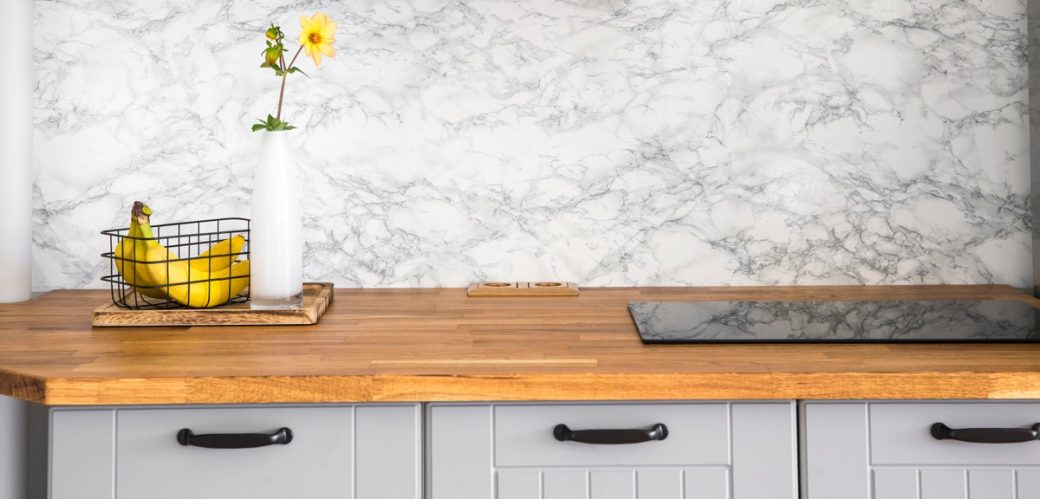Home inspections are also important for existing homeowners. They can point out potential problem areas and help owners develop a plan for maintenance and repair. They can also be helpful in determining the market value of the property. In a competitive real estate market, it is common for buyers to skip home inspections pearly beach to speed up the buying process. However, this could be a big mistake as unforeseen problems can quickly add up and cost more than expected. Home inspections can also reveal the need for a roof replacement, major foundation work, or other costly renovations.
Jim’s Building Inspectors can help with a range of property inspection services including Pre-Purchase Building Inspections. They can also assist with Asbestos Inspections and Testing.
What is a home inspection?
A home inspection is a visual examination of the property that takes place before buying or selling a house. Home inspectors look at everything from structural damage to the condition of a home’s systems and appliances. They also take into account safety issues, such as problems with the roof or electrical wiring.
The inspection typically covers all accessible areas of the home. This includes the exterior, foundation, roof, attic and HVAC system. Home inspectors also check the plumbing, including sinks and toilets. They will examine bedrooms and bathrooms, making sure they are functioning properly and not showing signs of water damage.
Buyers can use the findings of a home inspection to request a price reduction or credits to make up for any repairs the seller may refuse to make. But buyers should talk to their realtors and mortgage lenders before requesting any significant repair items, as they may have to meet minimum safety requirements in order to get a mortgage loan.
Why is a home inspection important?
A home inspection provides a wealth of information for both buyers and sellers. For buyers, the inspection will identify potential problems that may derail a deal or lead to expensive repairs after purchase.
In addition, the inspector will point out safety hazards such as carbon monoxide, mold, and radon. Buyers should make sure their contract includes a clause allowing them to cancel the purchase if such issues are discovered.
What is included in a home inspection?
Home inspectors will look at the condition of the property, including the foundation, walls, roof, basement, heating and air conditioning systems, interior plumbing and electrical, and visible insulation. They will also check that the roof has no damage and the shingles are not missing. They will not open walls, but if there is a problem they cannot reach, they may recommend further inspections or specialized tests such as for radon, pests, mold and lead piping or paint.
A house is never perfect and even new homes have issues that need to be addressed. The main point of a home inspection is to help buyers understand the full cost of ownership and be able to make an informed decision about whether or not to move forward with the purchase. Buyers can use the home inspection findings to request price adjustments or credit towards repairs, or ask the seller to make necessary repairs before closing. In some cases, it may be necessary to walk away from the purchase.
How much does a home inspection cost?
Home inspection costs vary depending on the size of the house, its age, and location. The average cost of a basic home inspection is $200 to $500, while specialized add-on inspections like mold and radon may increase this price.
A four point inspection is typically the lowest priced option, which looks at the HVAC system, electrical wiring and panels, plumbing systems, and shingles or roof materials. A full home inspection costs more but covers these core areas and more.
Multi-family homes are a lot more complicated than single-family houses and require more time to inspect. Additionally, they are often older, which means there are more issues to be found.
It is best to research licensed home inspectors and compare prices before choosing one. Additionally, most inspectors recommend that buyers attend the home inspection to ask questions and gain a deeper understanding of the findings. This can also help with the negotiation process. Buyers who cannot attend the inspection can request a written summary of the results.

